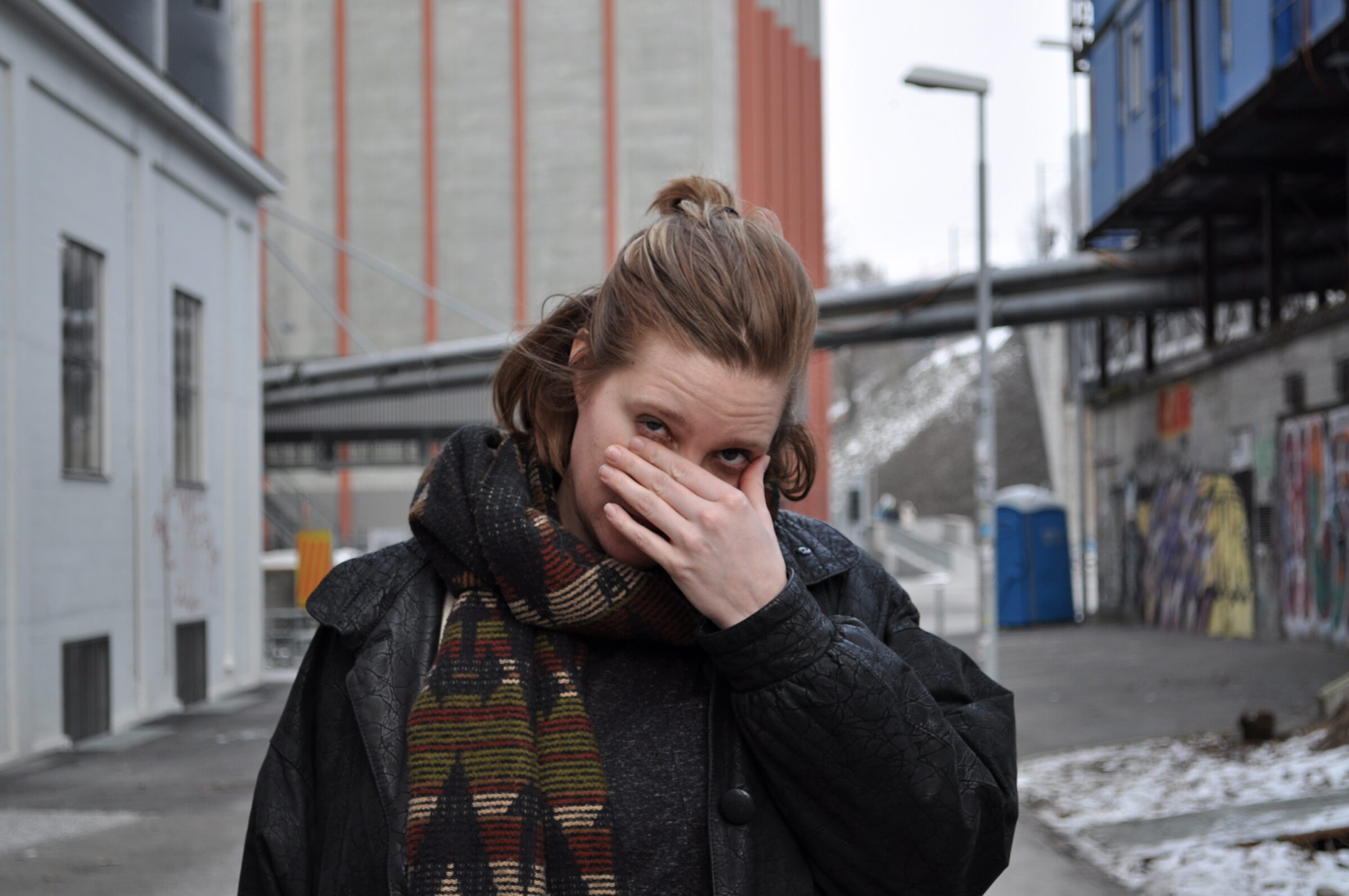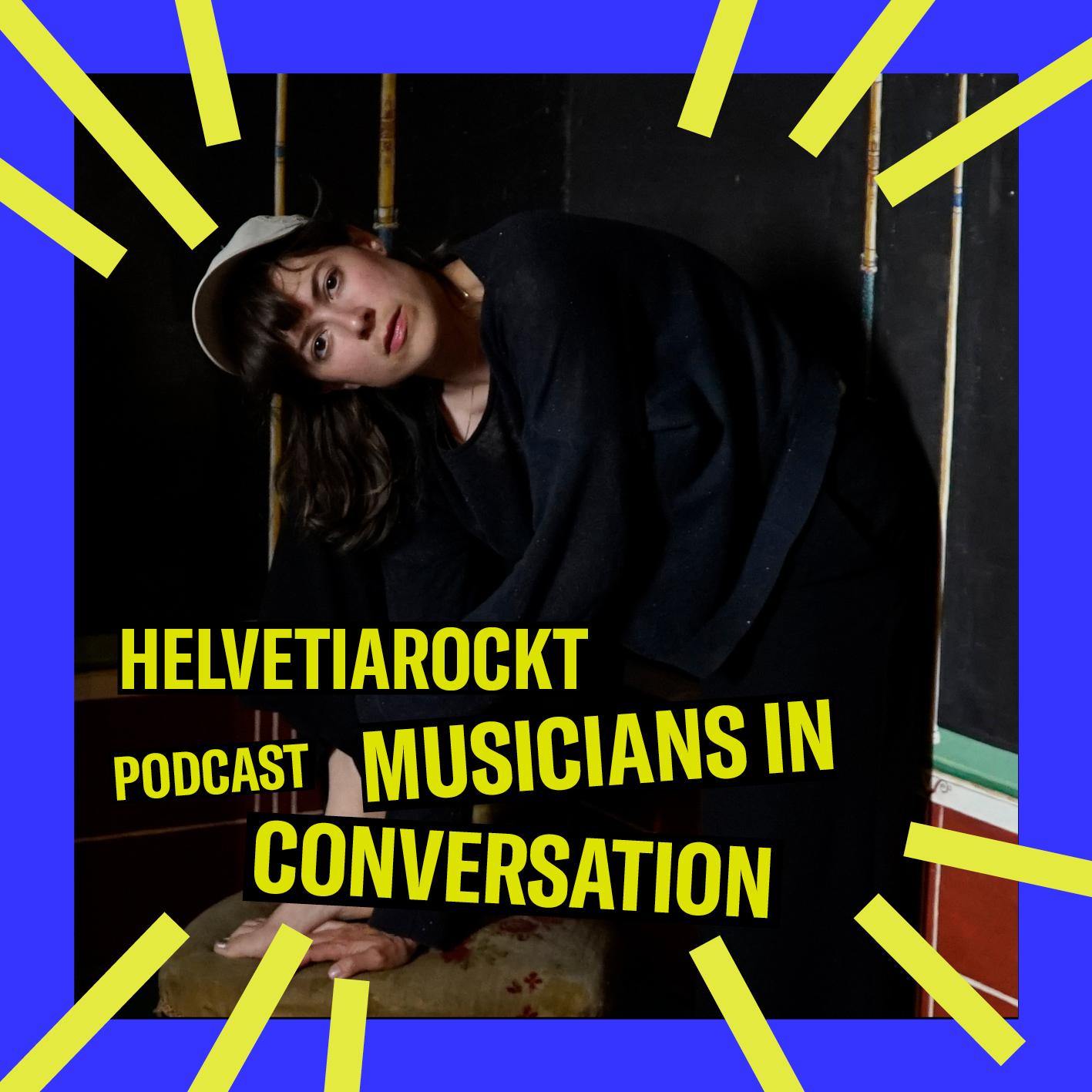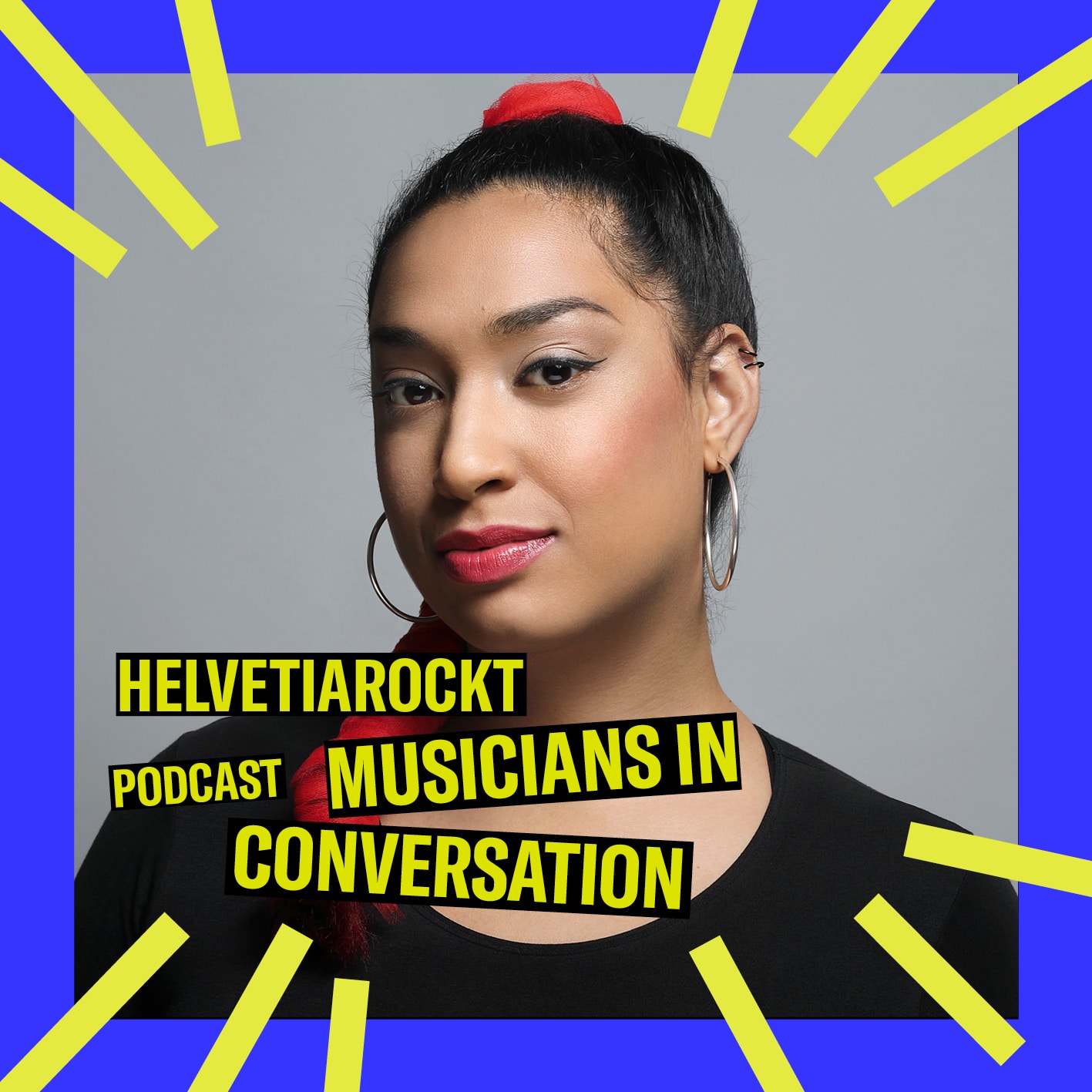In this episode Natalia speaks with Anya Della Croce who is the Executive manager of the french speaking office of Petzi, and a production and tour manager. We discuss the difference between the roles of a production manager and tour manager, the importance of grass-root venues for the music industry and what we can do to support them. We also talk about the subject of ticketing systems causing extortionate prices for fans of music.
About Anya Della CroceAnya has been active in the music business for over 20 years. She has worked in many different positions such as booking agent, press officer or production manager before becoming the head of booking at For Noise Festival in 2008 and at Fri-Son between 2014 and 2018. In 2011 she started her own company PASS PASS offering communication and production services in different cultural fields. She has been working with The Young Gods for many years as a production manager and tour manager. Since 2019, she runs the french speaking office of PETZI, the swiss federation of nonprofit music venues and festivals. PETZI represents over 200 clubs and festivals in Switzerland.
Glossary of terms mentionedBackline - refers to amplifiers, speakers, and all other instruments and equipment that are positioned behind the band or the rhythm section on stage during a concert.
Nightliners - Large tour bus or coach for bands. Capable of accommodating 30 to 40 people and driving large distances at one time.
Mentioned in the podcastLAST WEEK TONIGHT WITH JOHN OLIVER - TICKETS
Audience QuestionsIf you have a question for the musicians in conversation, simply send a DM to Helvetiarockt on insta!

In this episode Natalia talks with Martina Berther, the incredibly talented and versatile bassist and multi-instrumentalist. We discuss what it takes to be a...

In this episode of Musicians in Conversation, Natalia talks to Odd Beholder who is a singer songwriter, political activist. She is also the co-founder...

In this episode Natalia talks to La Nefera. She is a multifaceted musician, artist and rapper. We discuss the challenges of moving to Switzerland...